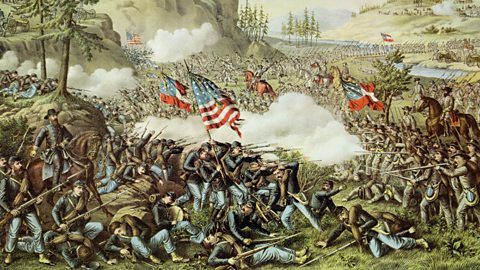More guides on this topic
- How democratic Britain became - 1867 - 1928
- Why women won greater political equality by 1928
- Why the Liberals introduced social welfare reforms
- The effectiveness of the Liberal social welfare reforms
- Effectiveness of the Labour social welfare reforms, 1945–51
- Working conditions in Scottish industry in the 1940s
